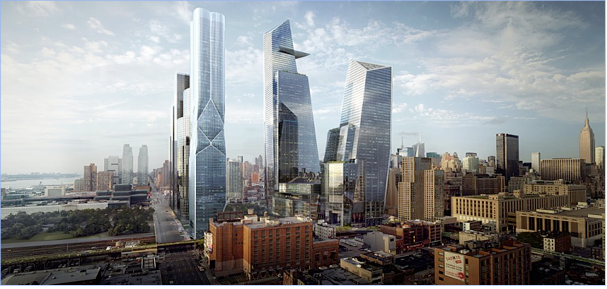MAILANDER ON … DEVELOPMENT POLITICS - The most insidious fact about the New York City mega-developer The Related Companies is that they not only aspire to develop skyscrapers the way ordinary global conglomerates do—no, they aspire to develop whole clusters of them. And they typically get away with it, of course.But don’t fret—if you’re not overly concerned about that fact, there are plenty of other insidious facts about mega-developers from which to choose.Founded and run by a billionaire, The Related Companies build only what that small cache of maverick billionaire developers would predictably build: dystopian, dysfunctional Corbu nightmares, multi-scraper mall-plexes, and units of habitation tens of thousands at a time.
Sidebar
Our mission is to promote and facilitate civic engagement and neighborhood empowerment, and to hold area government and its politicians accountable.

 CityWatch Los Angeles
Politics. Perspective. Participation.
CityWatch Los Angeles
Politics. Perspective. Participation.
22
Sun, Feb



